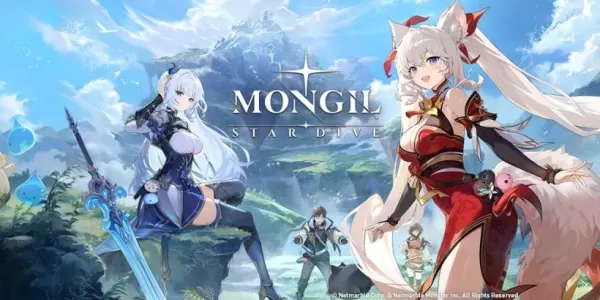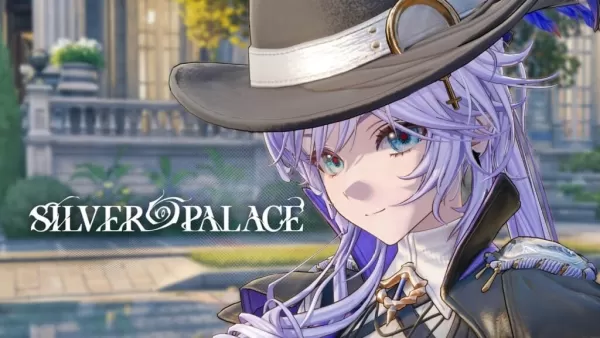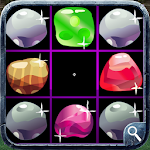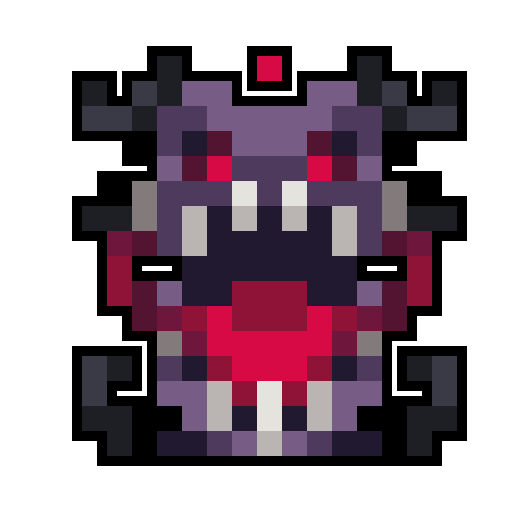One of the most unforgettable moments in the entire Assassin’s Creed series occurs early in Assassin’s Creed 3, when Haytham Kenway completes his mission to assemble a group of assassins in the New World. Or so the player is led to believe. Haytham, equipped with a hidden blade and exuding the same charisma as the beloved Ezio Auditore, has up to this point played the role of a hero, liberating Native Americans from prison and confronting British redcoats. It's only when he utters the iconic phrase, "May the Father of Understanding guide us," that the shocking truth is revealed: we've been following the Templars, the sworn enemies of the Assassins.
This twist exemplifies the true potential of the Assassin’s Creed series. The original game introduced a fascinating concept—hunt, understand, and eliminate your targets—but it struggled with a lackluster narrative, with both protagonist Altaïr and his targets lacking depth. Assassin’s Creed 2 improved upon this by introducing the iconic Ezio, yet it still fell short in developing its antagonists, as seen with the underdeveloped Cesare Borgia in Assassin’s Creed: Brotherhood. It was not until Assassin’s Creed 3, set during the American Revolution, that Ubisoft fully committed to developing both the hunter and the hunted. This approach created a seamless narrative flow from setup to payoff, striking a delicate balance between gameplay and story that has yet to be replicated in subsequent titles.
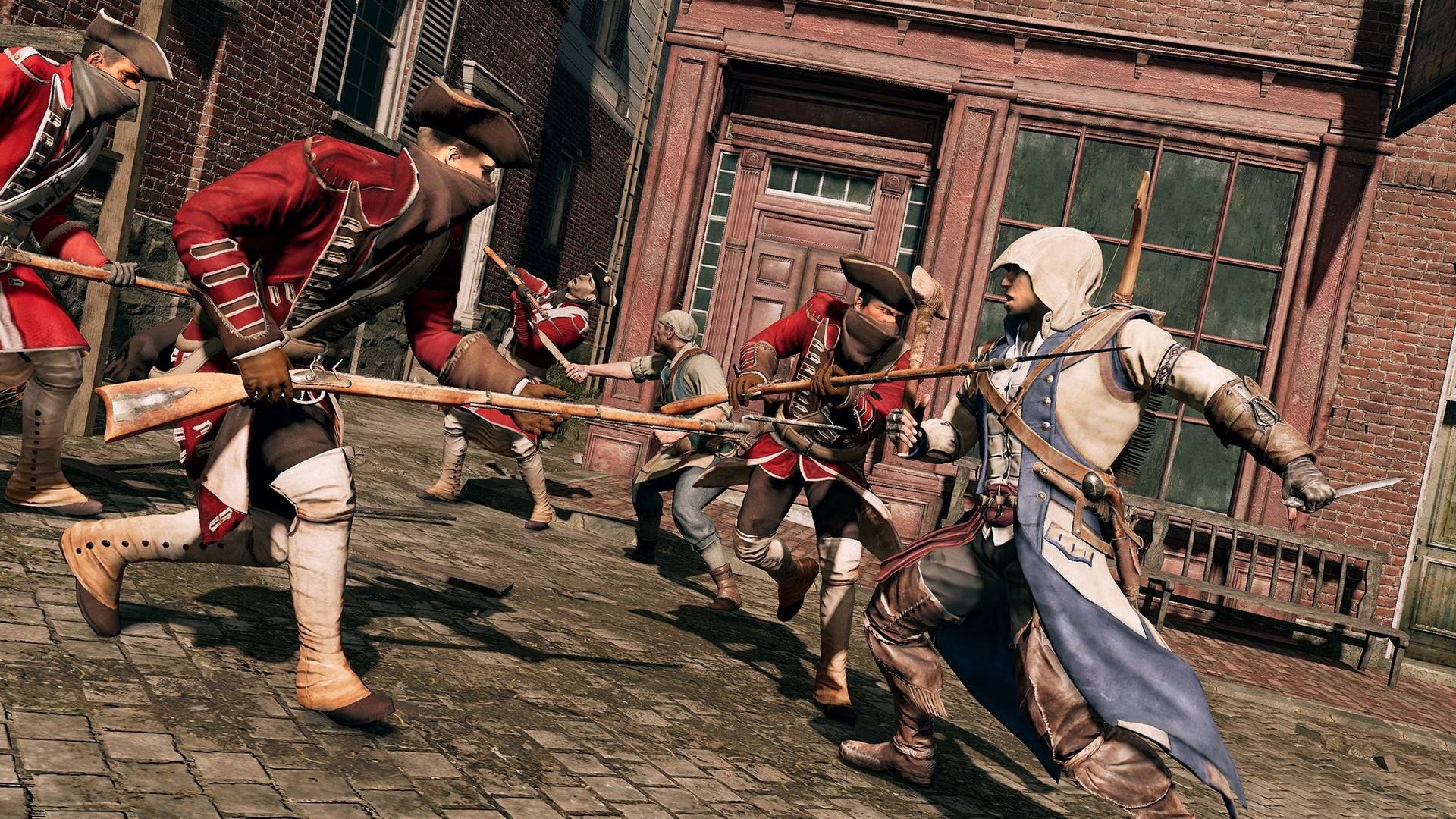
While the current RPG-focused era of the series has been generally well-received, there's a consensus among players and critics that Assassin’s Creed is experiencing a decline. The reasons for this are debated, with some pointing to the increasingly fantastical elements, such as battles against mythological figures like Anubis and Fenrir. Others criticize the introduction of diverse romance options or the use of real historical figures, like the African samurai Yasuke in Assassin’s Creed Shadows. However, I believe the true cause of this decline is the series' shift away from character-driven storytelling, which has become overshadowed by expansive sandbox elements.
Over time, Assassin’s Creed has evolved from its original action-adventure roots by incorporating RPG and live service elements, including dialogue trees, XP-based leveling systems, loot boxes, microtransactions, and gear customization. Yet, as the games have grown larger, they've begun to feel more hollow, not only in terms of repetitive side missions but also in their storytelling.
For instance, while Assassin’s Creed Odyssey offers more content than Assassin’s Creed 2, much of it feels less polished and engaging. The inclusion of player choice in dialogue and actions, intended to enhance immersion, often results in the opposite effect. As scripts expand to accommodate various scenarios, they lose the sharpness and polish found in the more focused narratives of the series' earlier action-adventure titles. These earlier games allowed for well-defined characters, unburdened by the need to adapt to the player's every whim.
Consequently, while Assassin’s Creed Odyssey may boast more content, it often feels less immersive, with interactions that highlight the artificial nature of the characters rather than their historical depth. This contrasts sharply with the Xbox 360/PS3 era, which, in my opinion, delivered some of the best writing in gaming. From Ezio’s passionate declaration, "Do not follow me, or anyone else!" after defeating Savonarola, to Haytham's poignant final words to his son Connor:
*"Don't think I have any intention of caressing your cheek and saying I was wrong. I will not weep and wonder what might have been. I'm sure you understand. Still, I'm proud of you in a way. You have shown great conviction. Strength. Courage. All noble qualities. I should have killed you long ago."*
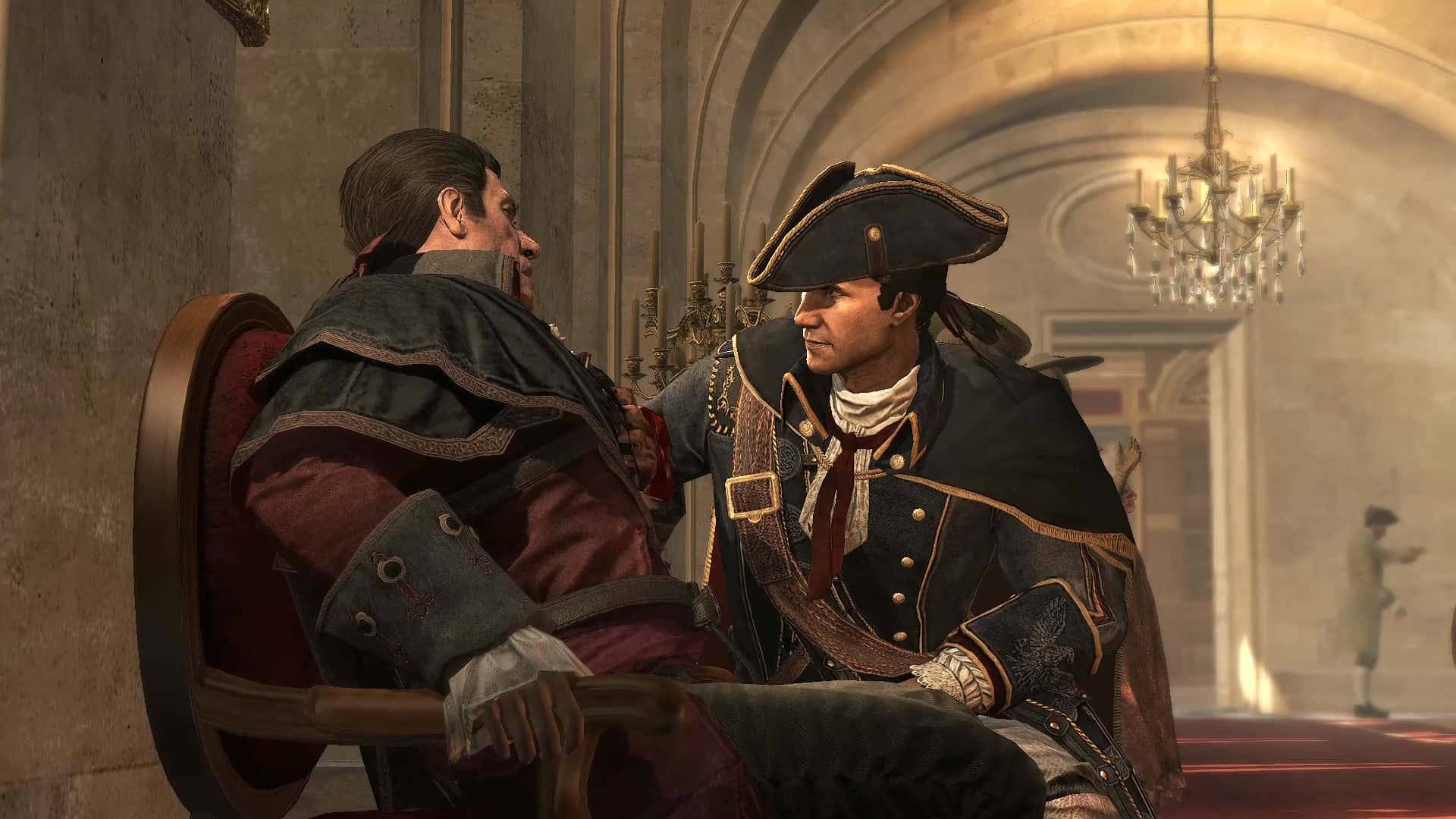
The narrative quality has also declined in other ways. Modern games often simplify the moral dichotomy to Assassins = good and Templars = bad, whereas earlier titles explored the blurred lines between the two factions. In Assassin’s Creed 3, each defeated Templar challenges Connor's beliefs, prompting the player to question their own. William Johnson suggests the Templars could have prevented the Native American genocide, Thomas Hickey dismisses the Assassins' mission as unrealistic, and Benjamin Church argues that perspective shapes reality, with the British viewing themselves as victims. Haytham himself undermines Connor's trust in George Washington, hinting that the new nation might be as oppressive as the monarchy it replaced—a claim validated when it's revealed that Washington, not Charles Lee, ordered the burning of Connor's village. By the game's end, the player is left with more questions than answers, enriching the narrative.
Reflecting on the franchise's history, it's clear why the track "Ezio’s Family" from the Assassin’s Creed 2 soundtrack, composed by Jesper Kyd, became the series' official theme. The PS3-era games, especially Assassin’s Creed 2 and Assassin’s Creed 3, were fundamentally character-driven. The melancholic guitar strings of "Ezio’s Family" were meant to evoke Ezio's personal loss rather than the game's setting. While I appreciate the expansive worldbuilding and graphical advancements of the current Assassin’s Creed games, I hope the series will one day return to its roots, delivering the focused, character-centric stories that originally captivated me. However, in today's market, dominated by expansive sandboxes and live service ambitions, such a return might not align with "good business" practices.

